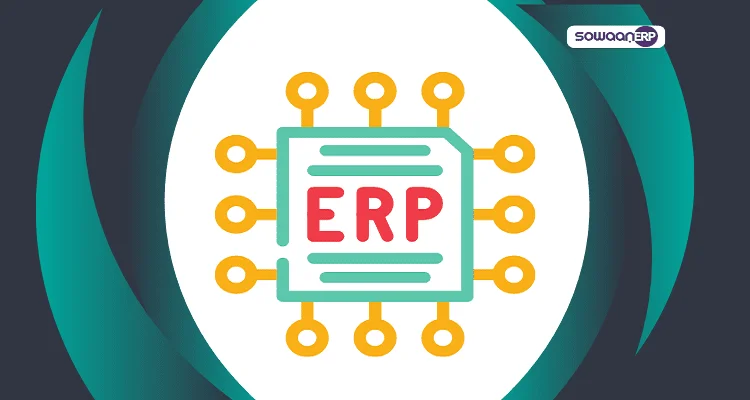
In today’s retail world, it’s important to offer a smooth omnichannel experience to be successful. Retailers try to connect with customers in many different ways, both online and in person. Implementing the right Enterprise Resource Planning (ERP) system can greatly affect how well an online experience can be delivered. This article looks at how the best ERP for retail has changed in a big way, focusing on how it helps businesses streamline their processes, use advanced POS software, and get the most out of their retail POS systems. We will talk about how important it is to choose the best ERP for retail that is made for the retail business.
Restructuring Acts: From chaos to coming together, a good retail business is built on operations that work well. Businesses can turn their operations from a mess to a well-oiled machine with the best ERP for retail. ERP software for the retail industry combines and unifies different business processes, like managing inventory, fulfilling orders, and managing customer relationships (CRM). With this integration, retailers can streamline their processes, eliminate data silos, and see their business as a whole. “Smooth seas don’t make skilled sailors,” as the saying goes, and a strong ERP system gives stores the tools they need to handle the complexities of omnichannel operations.
Unlocking the Power of Advanced POS Software Point-of-sale (POS) software is a key part of store operations because it helps businesses keep track of sales, inventory, and customer interactions. The best ERP for retail gives companies access to advanced pos software for retail that shows sales, stock levels, and customer data in real time. Retailers can use this information to make smart choices, keep the right amount of stock on hand, and give customers a more personalized experience. By using advanced POS software as part of an integrated ERP system, retailers can make shopping across all platforms as easy as possible.
Getting the most out of the retail POS system: Speed at the Counter How well store POS systems work directly affects how happy customers are and how well the business runs. A current ERP system for retail stores has all the functions of a retail POS, such as scanning barcodes, integrating payment processing, and updating inventory in real-time. These features let businesses handle transactions quickly, shorten the time it takes to check out and make customers happier. “Time is money,” as the saying goes, and a store POS system that works well and is powered by ERP saves both retailer’s and customer’s time.
Key Things to Think About When Choosing the Best ERP for Retail
To choose the best ERP for retail, you need to think carefully about your business goals and the needs of the industry. Retailers should look for an ERP system with strong inventory control tools, full CRM features, seamless integration with e-commerce platforms, and mobile device support. Also, you should think about scalability, easy-to-use tools, and a strong network of support. By picking the right ERP solution, retailers can get the most out of an omnichannel experience that works well across all channels.
Using ERP to be successful and stay ahead in the retail industry businesses need to use technology that keeps them ahead of the game in a retail market that is very competitive. Putting the best ERP for retail in place gives businesses an edge over their competitors. It lets them manage inventory well, give customers a personalized experience, improve operations, and make choices based on data. By using the power of ERP, retailers can change to changing customer needs and how the market works, which helps them stay successful.
Conclusion:
In the age of omnichannel retail, retail companies need to give customers a seamless experience. ERP greatly affects retail because it streamlines operations, uses advanced POS software, and makes retail POS systems work better. By picking the best ERP for retail, businesses can unlock the full potential of seamless omnichannel experiences. This ensures operational efficiency, customer happiness, and staying ahead in the competitive retail industry. With the right ERP solution that fits the needs of the retail industry, companies can handle the complexities.
